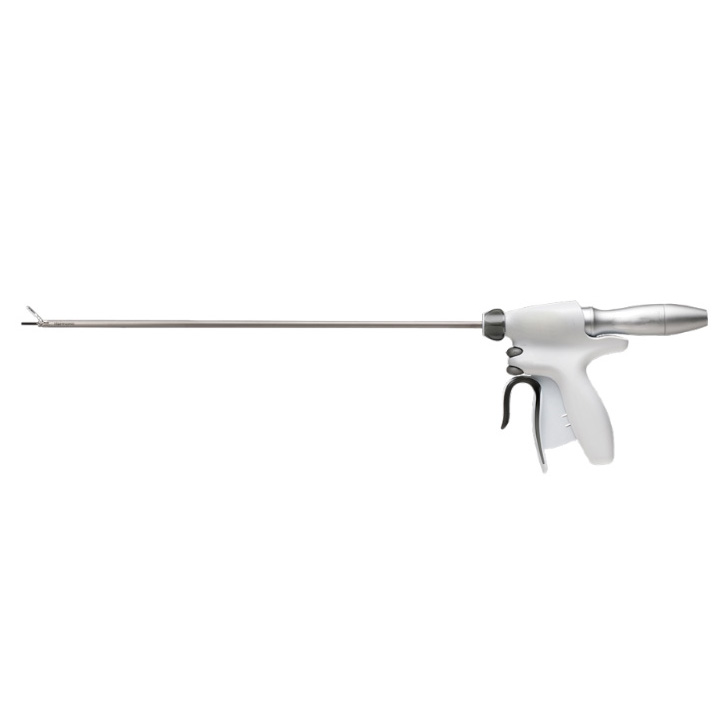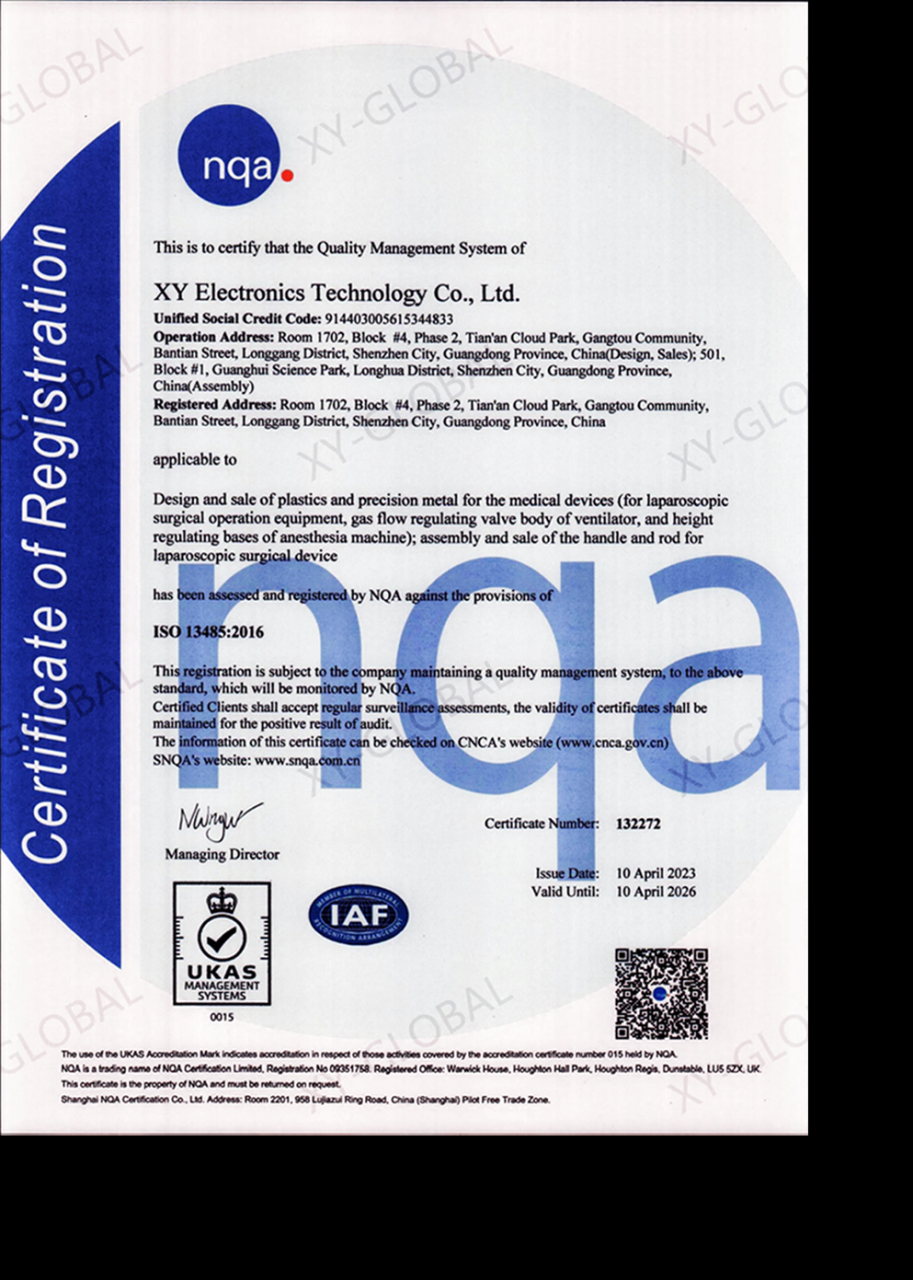Minimally invasive surgery: advances in industrial processes and materials
Minimally invasive surgery (also known as minimally invasive surgery or MIS) is a surgical technique performed through small incisions or natural orifices, using specialized tools and equipment. Minimally invasive surgery is less invasive than traditional open surgery, which requires large incisions and more tissue damage, and often results in less pain, scarring and recovery time.
Examples of minimally invasive surgery include: laparoscopic surgery, in which a thin, flexible tube with a camera and surgical instruments is inserted through a small incision; endoscopic surgery, in which a thin tube with a camera and tools is passed through a natural opening, such as the mouth or anus; and robotic surgery, in which a surgeon controls a robot with specialized instruments to perform the procedure.
The development of laparoscopic surgery is not possible without the support of modern manufacturing processes. The following are some of the factors from a process perspective that have played an important role in the development of laparoscopic surgery and the improvement of its technical level:

1. Improvement of processing methods
In the early days of laparoscopic surgery, the production and processing of surgical instruments relied on manual operations, with long production cycles and difficulty in ensuring accuracy. However, with the development of manufacturing technology, the application of automated processing, CNC processing and other technologies can improve the manufacturing efficiency and accuracy of surgical instruments and reduce the impact of manual intervention, thus improving the quality of surgery and the success rate of surgery.
2. Improvement of materials
In laparoscopic surgery, the quality and characteristics of the materials used for the instruments are critical to the success of the procedure. The application of new materials such as high-strength, high-rigidity steel and high-temperature and corrosion-resistant ceramics has provided higher quality assurance for surgical instruments and improved the durability and service life of the instruments.
3. Application of precision manufacturing process
In laparoscopic surgery, the precision and quality of surgical instruments are directly related to the success rate of surgery. Therefore, the precision and quality of instruments are controlled by using precision manufacturing processes in the manufacturing process, such as microfabrication, ultrasonic welding and laser cutting, which can improve the precision and durability of the instruments.
Laser cutting technology is a very precise and reliable manufacturing process. This technology can cut materials in a very short period of time to create high-precision apparatus components such as blades and clamps. Laser cutting can be performed on very thin materials without thermal effects on the material, while also allowing for very complex shapes to be cut.
In the process of manufacturing surgical instruments, the choice of materials also needs to be considered. Medical-grade materials need to meet a range of requirements, such as corrosion resistance, biocompatibility, and strength. Commonly used medical grade materials include stainless steel, titanium alloys, polymers, etc. These materials require different processes and processing methods during the machining process.
Overall, the application of precision manufacturing processes plays a crucial role in the manufacture of laparoscopic surgical instruments. By using high-precision processing techniques and appropriate materials, more precise, stable and durable surgical instruments can be produced, thus improving the success of the procedure and patient outcomes.

Our company has a rigorous process for every step of the process, from production to mass production. If you need custom medical-related device parts, contact xy-global. We are ISO13485 technically certified and have a professional engineering team to solve your problems and obtain high quality on-demand parts through professional prototyping and production capabilities. Instant quotes and automated DFM analysis within minutes, quality parts delivered within days

